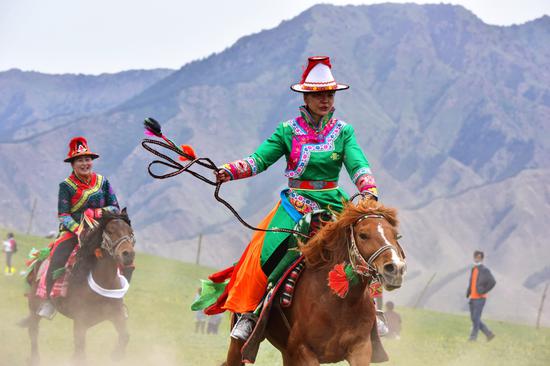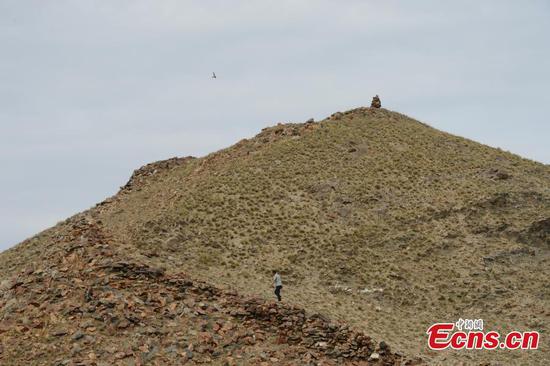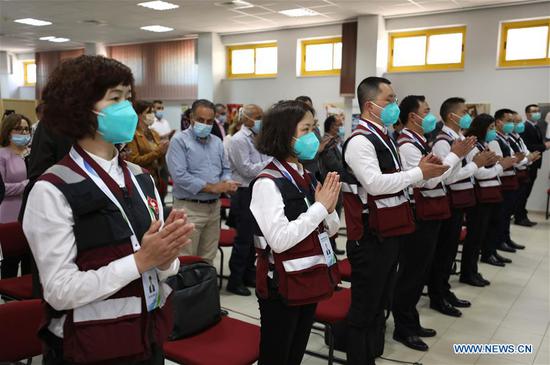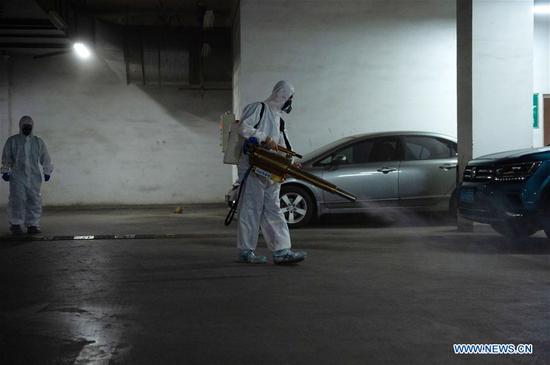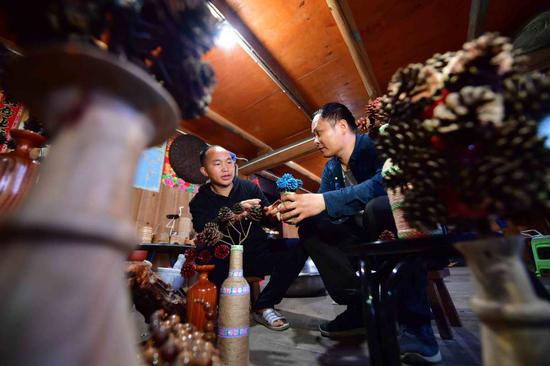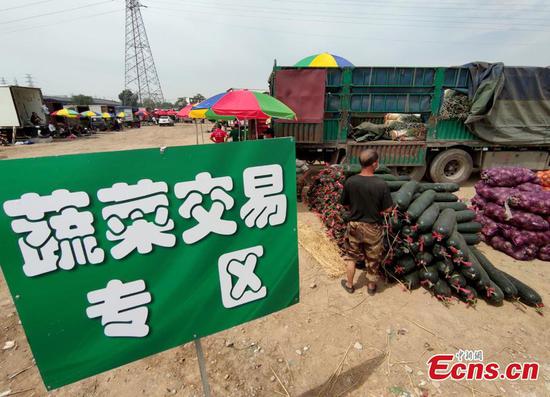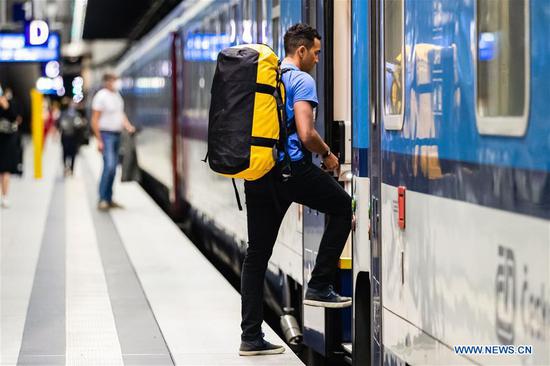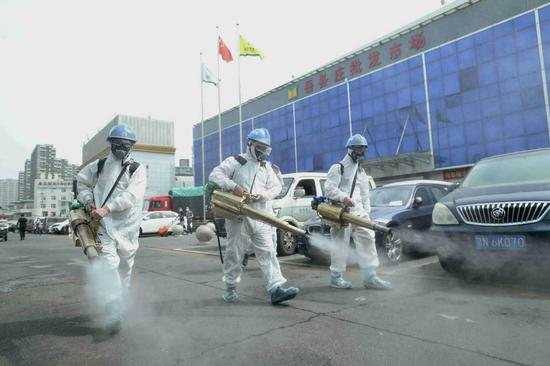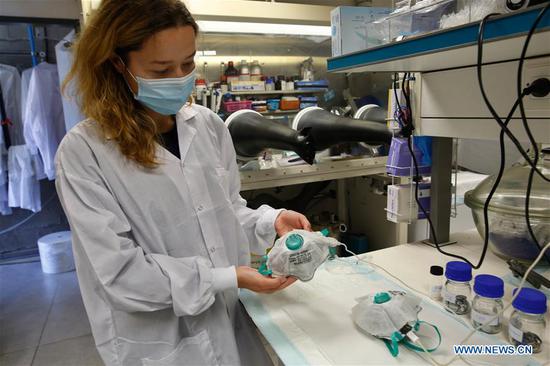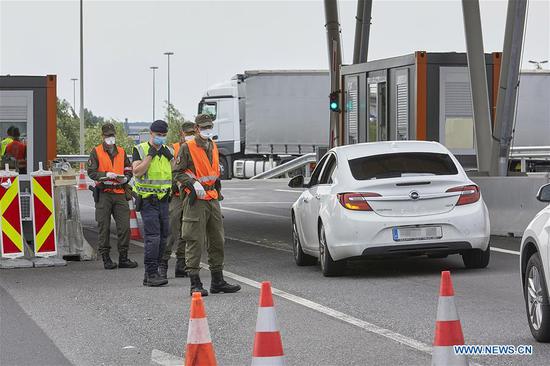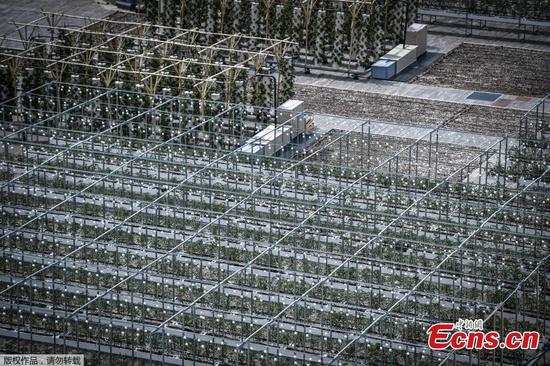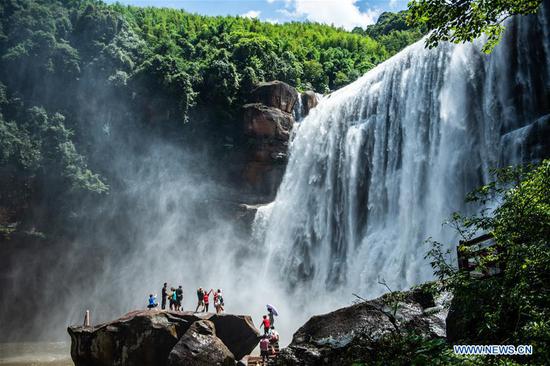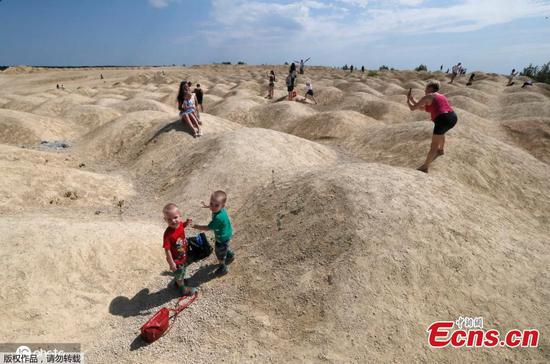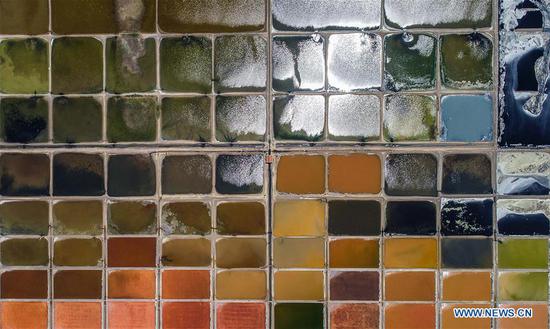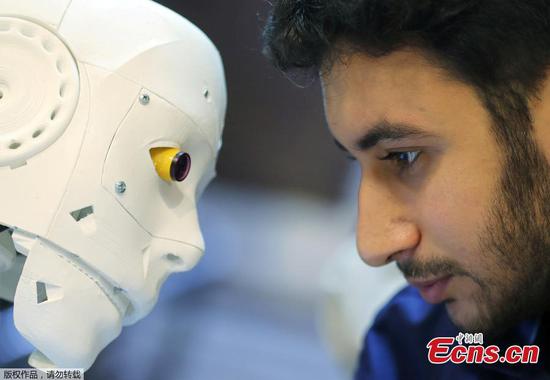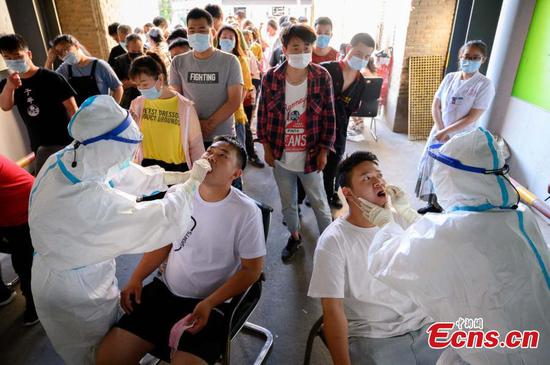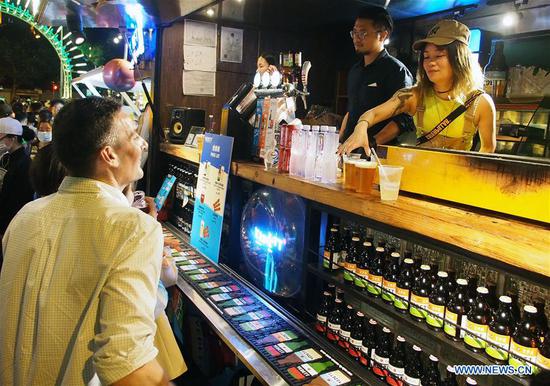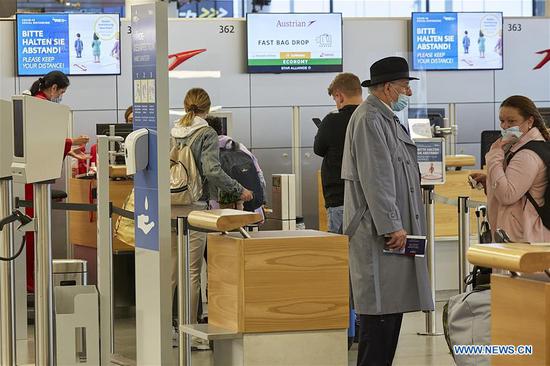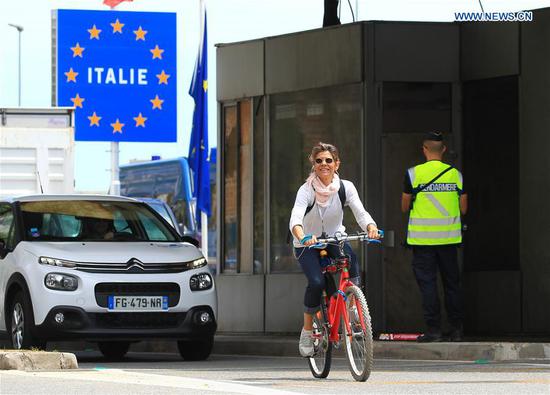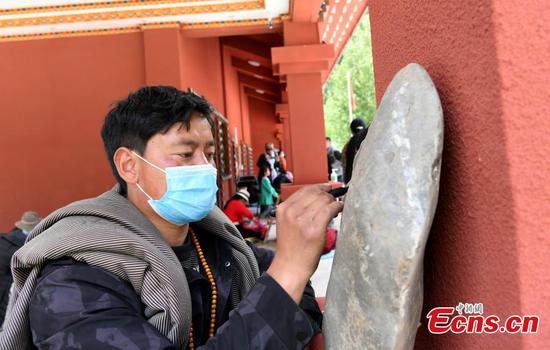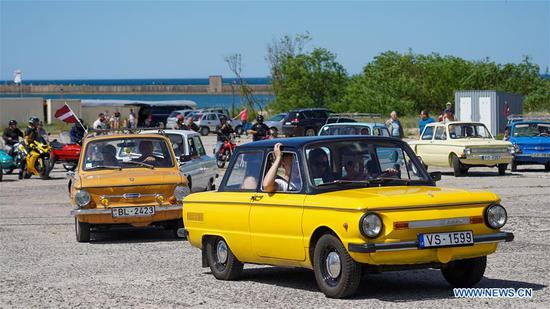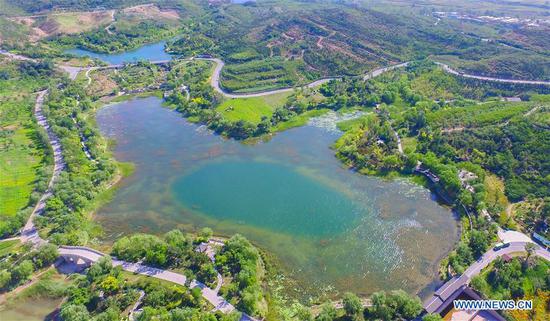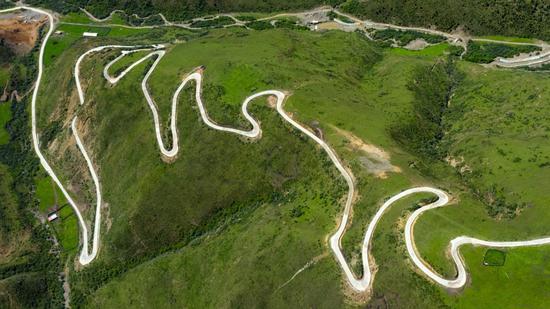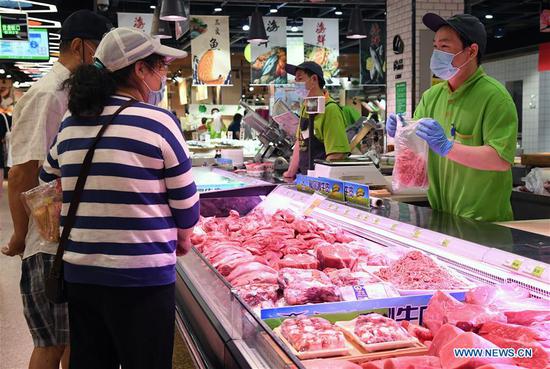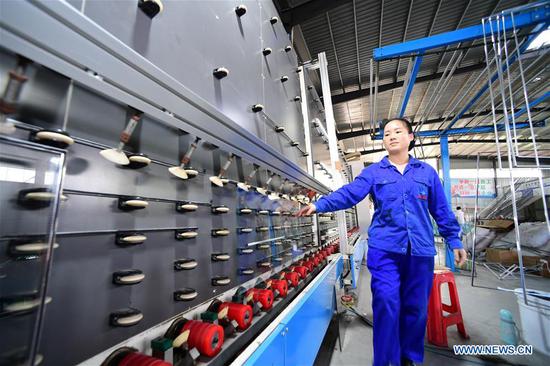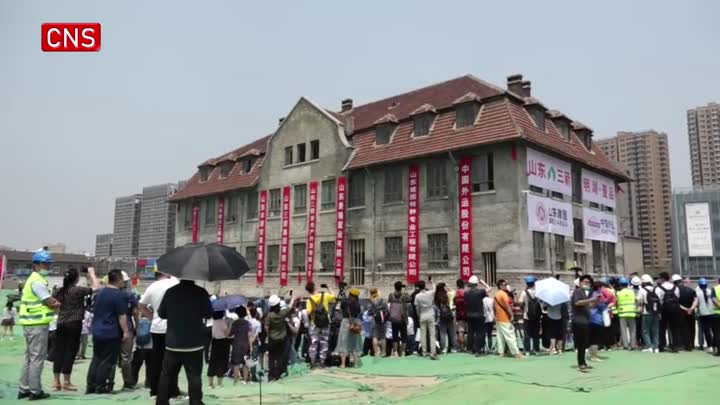Quick actions and cooperation among African countries helped slow down the spread of COVID-19 and avert a full-blown catastrophe in Africa, Kenyan President Uhuru Kenyatta said last week.
His remarks were backed up by data from the Africa Centers for Disease Control and Prevention (Africa CDC). As of Tuesday, the continentwide tally of COVID-19 cases surpassed 252,000, accounting for 3 percent of the global total. The death toll stood at 6,779, accounting for 1.5 percent of the global total. And the coronavirus-related mortality is lower than the global average and that of the United States and European countries.
UNCEASING VIGILANCE
On June 13, Africa CDC issued an announcement that 43 African countries stay under full border closure amid the epidemic, and night-time curfew has been activated across 35 countries in an effort to halt the spread of the virus.
Across Africa, about seven countries have banned international air traffic, two countries have imposed restrictions on travels to and from specific countries, and two others have activated entry/exit restrictions, according to Africa CDC.
It added that although some African countries still allow cargo, freight and emergency transport in and out of their countries and some African Union (AU) member states allow citizens and residents to enter, borders are essentially all closed.
It also noted that 54 countries in Africa have imposed limitations on public gathering, some 38 have forced country-wide closure of educational institutions, while prison and hospital visits have also been limited in 20 African countries.
Amid growing efforts against COVID-19, some 18 African countries have also initiated mass screening and testing, while 41 have mandated public use of face masks, the agency said.
YOUNGER POPULATION
According to a study released in May by the World Health Organization (WHO), slower rate of transmission, lower age of people with severe disease, and lower mortality rates have been observed in Africa, compared to the most affected countries in other parts of the world.
The study said this is "largely driven by social and environmental factors slowing the transmission, and a younger population that has benefitted from the control of communicable diseases such as HIV and tuberculosis to reduce possible vulnerabilities."
However, it also warned that the lower rate of transmission suggests a more prolonged outbreak over a few years, and revealed that smaller African countries alongside Algeria, South Africa and Cameroon were at a high risk if containment measures are not prioritized.
According to an article published by France's Le Monde, people's immunity has been mobilized in a continent that sees many epidemic diseases.
It suggested that the relatively small international movement of African people delayed the pace of the virus' "landing" and spread on the continent.
In addition, the number of virus testings conducted in African countries is smaller than that in European and American countries, and the testings are mostly reserved for severe cases, which is also a factor behind a smaller number of confirmed cases.
GREATER SUPPORT NEEDED
Although Africa has achieved positive results in its epidemic control, it is still widely recognized that the international community should cooperate to support the continent, which is more vulnerable to the raging pandemic with its densely populated markets and housing, poor access to clean water and run-down health infrastructure.
At the Extraordinary G20 Leaders' Summit in March, major economies reached a consensus that consolidating Africa's health defense is key to the resilience of global health.
Speaking at the summit, Chinese President Xi Jinping especially called on G20 members to jointly help developing countries with weak public health systems enhance preparedness and response.
And China, together with many other countries, is taking concrete actions to implement the consensus.
So far, China has sent to over 50 African countries and the AU their much-needed supplies, dispatched medical experts, and shared its anti-epidemic experience via video conferences.
A communique issued on June 13 by the AU said China has ensured the supply of 30 million testing kits, 10,000 ventilators and 80 million masks each month for Africa, a "significant contribution."
In late April, the WHO launched an initiative to step up joint actions to fast track the development of technological tools for COVID-19 treatment, and called on the world to ensure equal access to treatments regardless of race, gender or wealth.
To avoid a heavy blow to the global battle against the pathogen, it is believed that the international community must move faster to support Africa and keep it from becoming the next "epicenter" of the pandemic.
"The importance of promoting effective containment measures is ever more crucial, as sustained and widespread transmission of the virus could severely overwhelm our health systems," Matshidiso Moeti, WHO's regional director for Africa, was quoted by the organization's study in May as saying.









